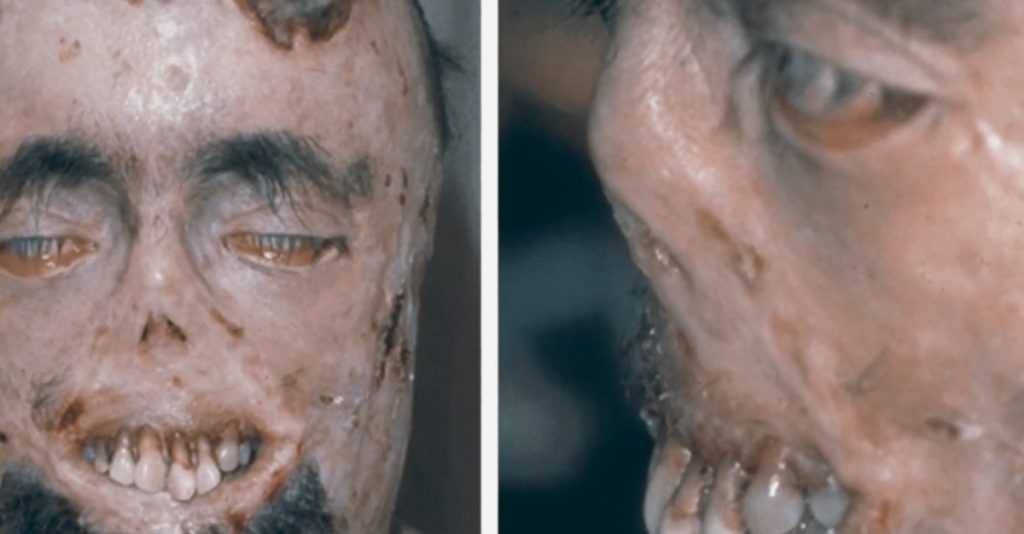Do you watch “vampire diaries” an American supernatural drama television series? Or have you ever seen “The Twilight Saga”? If yes then you must have known about the vampires very well. And if you haven’t watched these series, still we all have heard vampire’s stories in our childhood. So, it isn’t something unknown to most of the people.
We have always been told that vampires don’t exist and it’s nothing but a fiction. But what if I say, real-life vampires do exist? Hard to believe? Right? Well, it’s not like that people turn into bats, become immortal or sleep in coffins. But there is this genetic illness called “porphyria”, which symptoms match that of a vampire.
What Is Porphyria?
Porphyria is a term which is used to refer to a group of disorders. This group of disorders affects your body’s molecular machinery for making heme, which is a component of the oxygen-transporting protein, hemoglobin. Heme is responsible for important functions in the body, including breaking down hormones drugs, and other chemicals, and generating high energy compounds that keep liver cells alive and functioning normally. So, this group of diseases occurs due to a deficiency of one of the enzymes needed to make this important substance “heme”.


How Do Porphyria Symptoms Resemble With Vampires?
Although vampires aren’t real, some of the symptoms of porphyria go with that of a vampire.
- Some of the porphyrias sufferers feel pain in sunlight (although it doesn’t kill them)
- Their skin is often anemic, due to lack of hemoglobin. This makes them having florescent teeth.
- Some sufferers apparently have hunger or need to drink blood
- The hunger or need to drink blood also drives some sufferers insane over time, but you don’t have to worry they don’t hurt humans.


Some other common symptoms include:
- Blisters, swelling, itching of their skin when it is exposed to the sun
- Pain in the abdomen, chest, limbs or back
- Numbness, tingling, or cramping
- Vomiting and constipation
- Personality changes or mental disorders
- Paralysis
What Causes Porphyria?
There are no apparent reasons behind this disease because most porphyrias are inherited disorders, which mean they are caused by abnormalities in genes passed from parents to children. Some forms of porphyria caused by an abnormal gene that can be inherited from one parent. However, other forms result from inheriting two abnormal genes, one from each parent. Porphyria can be triggered by:
- Chemicals
- Smoking
- Infections
- Excess iron in the body
- Menstrual hormones
- Drugs
- Birth control pills
- Exposure to the sun
- Emotional and physical stress
How Is It Treated?
The treatment depends on its type because each type of porphyria is treated differently. However, it can be commonly treated by avoiding triggers, receiving heme through a vein, taking medicines to relieve symptoms, or having blood drained to decrease iron in the body. In acute attacks of porphyria, the sufferer may need to be hospitalized. If you have any blood disorders then consult with the best hematologist.

